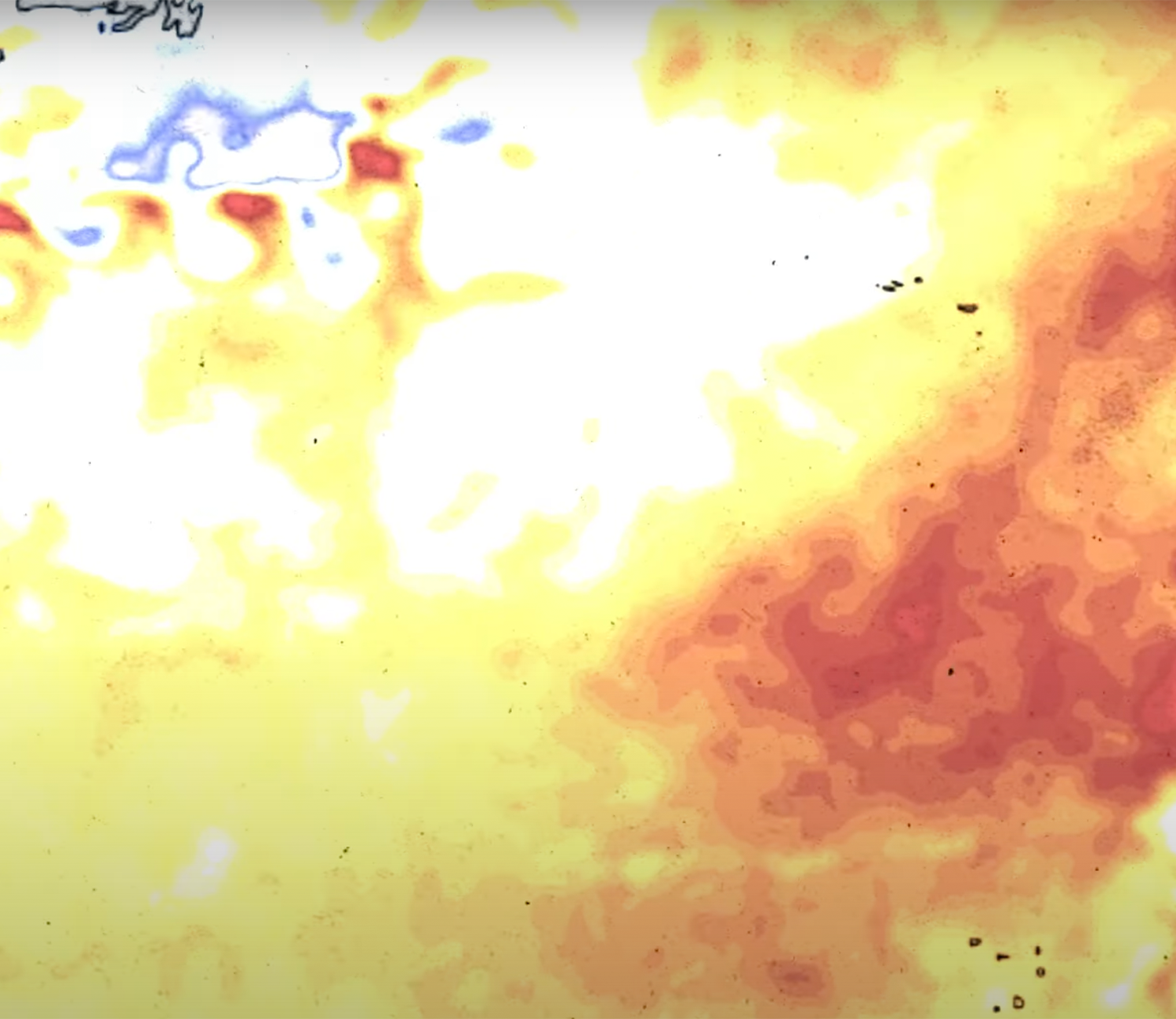
Unprecedented ocean heat
In 2023, the world’s oceans were in a state of emergency for long periods of time. Thomas Frölicher, Professor of Ocean Modelling, is investigating the background and effects.
“Marine heat waves are often very damaging to marine ecosystems”, explains Thomas Frölicher. They can lead to increased mortality of birds, fish and marine mammals, as well as the development of harmful algal blooms. “In addition, marine heat waves cause coral bleaching, lead to shifts of fish communities to cooler waters and often contribute to the sharp decline of sea ice and the intensification of tropical cyclones”, says the researcher.
Global warming is increasing the frequency of heat waves like the one in the northeast Atlantic in 2023. But it cannot fully explain them, says Frölicher. A number of natural factors are suspected of contributing. These include, for example, weaker winds that slow down the subtropical vortex in the Atlantic, or the absence of the cooling effect of Sahara dust.